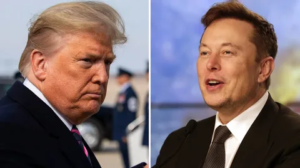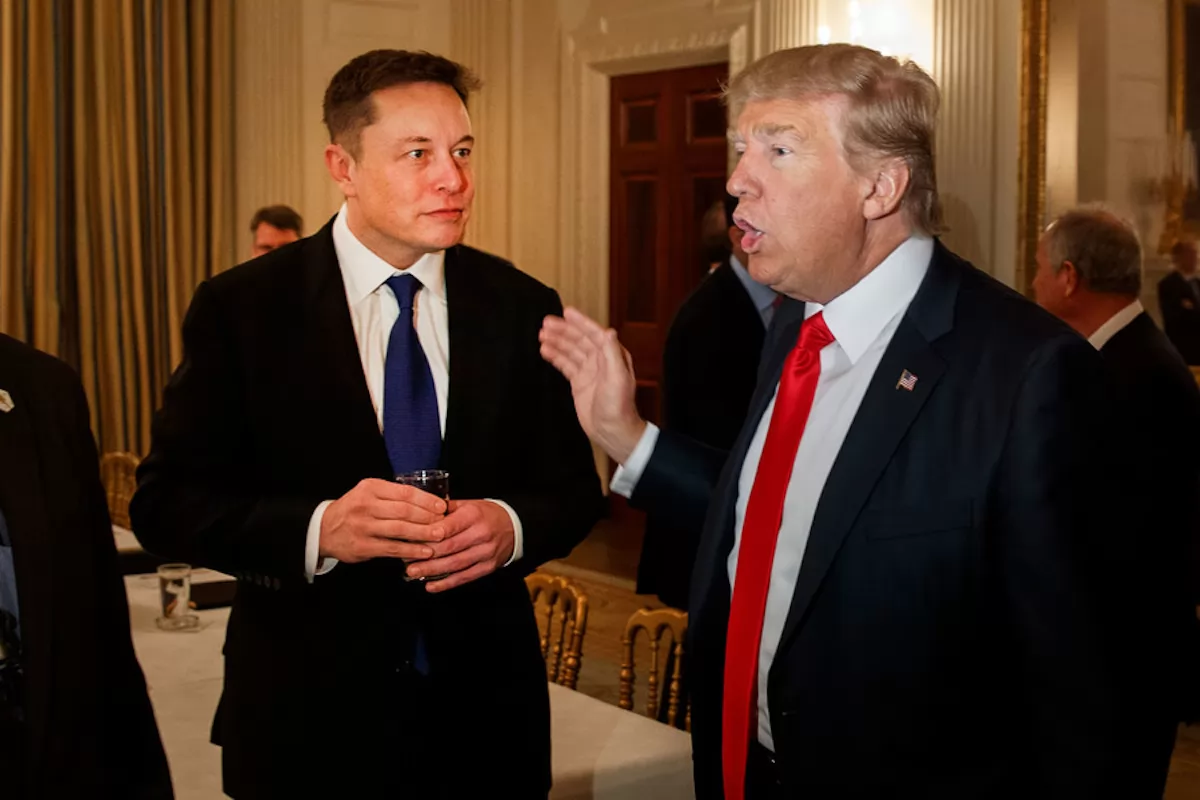Elon Musk, the CEO of Tesla, has increasingly aligned himself with former President Donald Trump, endorsing his candidacy and embracing some of his political rhetoric. However, this alignment contrasts sharply with the ongoing efforts by Tesla to secure government benefits, particularly those associated with the Democratic Party’s environmental policies. Despite Musk’s public endorsement of Trump, who has vowed to “end the electric vehicle mandate” and reduce subsidies, Tesla continues to lobby for regulations and benefits that have been instrumental in its success as a leading electric vehicle manufacturer.
Tesla’s reliance on government support has been crucial to its rapid growth. From a $465 million loan from the U.S. Department of Energy that helped establish its first major manufacturing facility to the nearly $9 billion earned since 2018 through the sale of regulatory credits, Tesla’s financial success is deeply intertwined with government policies designed to promote cleaner energy. These credits, awarded for surpassing emissions standards, have been a significant revenue stream for Tesla, as they can be sold to other automakers that fail to meet these standards.

Musk’s support for Trump raises questions about his motivations, especially given that the former president’s policies often contradict the interests of the electric vehicle industry. Critics argue that Musk’s stance is a pragmatic one, driven by a willingness to accept public money if available, even if it conflicts with his broader ideological beliefs. This approach is evident in Tesla’s continued lobbying efforts, which have included advocating for stricter emissions regulations and the phaseout of gasoline-powered vehicles—policies that are at odds with Trump’s views.
The dissonance between Musk’s public statements and Tesla’s lobbying activities has drawn scrutiny. While Musk has criticized subsidies and expressed support for free markets, Tesla has continued to benefit from government incentives. This contradiction extends to other areas as well, including Musk’s shifting views on climate change and identity politics, where he has distanced himself from progressive platforms while Tesla maintains a corporate stance that aligns with those values.
Ultimately, Musk’s actions suggest a complex balancing act between his personal beliefs, business interests, and long-term ambitions. As Tesla continues to shape public policy in favor of electric vehicles and clean energy, Musk’s relationship with Trump and the Republican Party remains a point of tension, highlighting the challenges of navigating the intersection of business and politics in a rapidly changing world.















